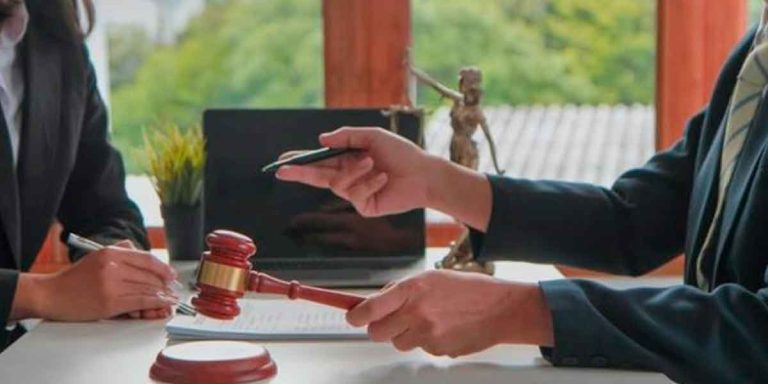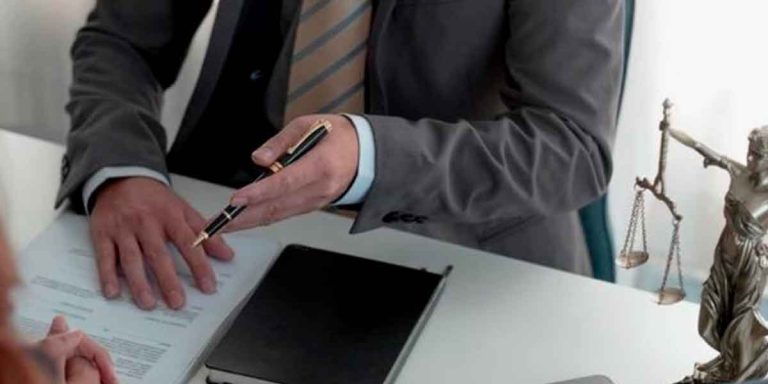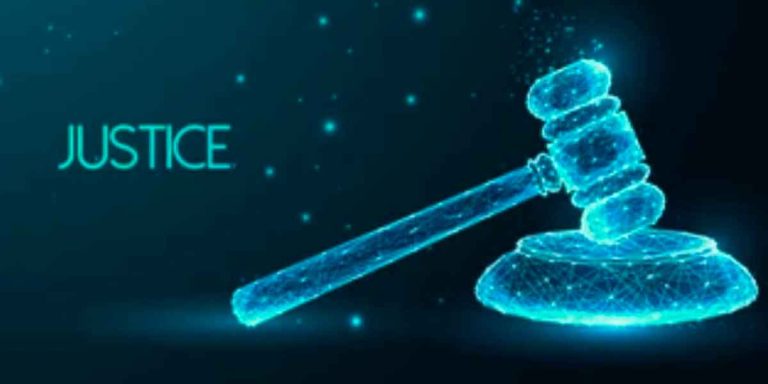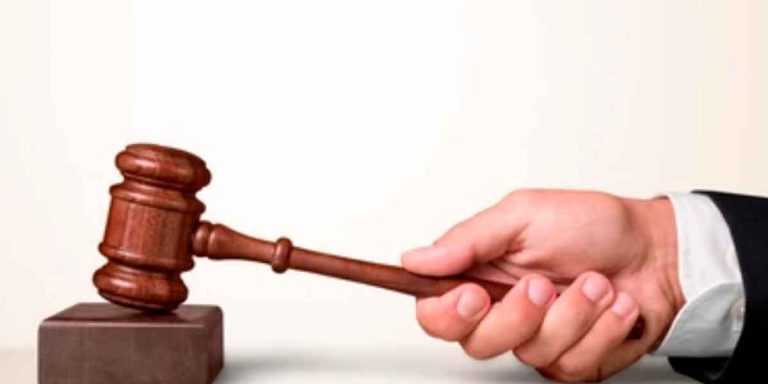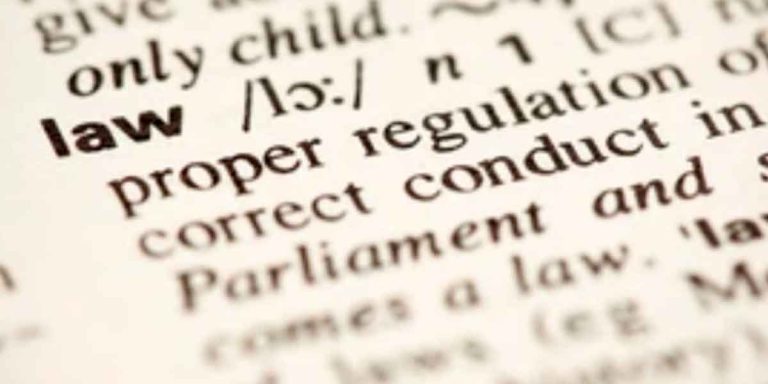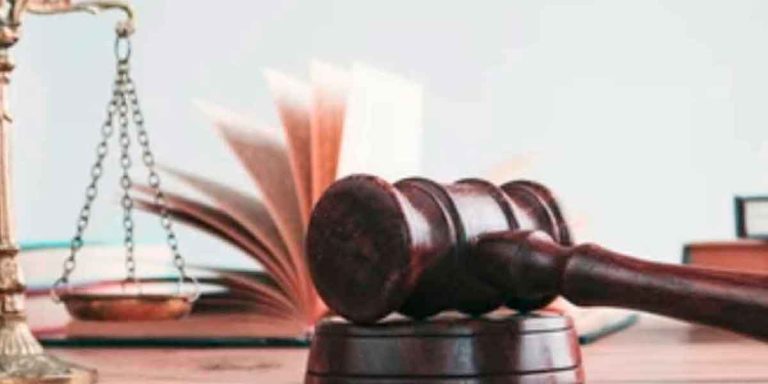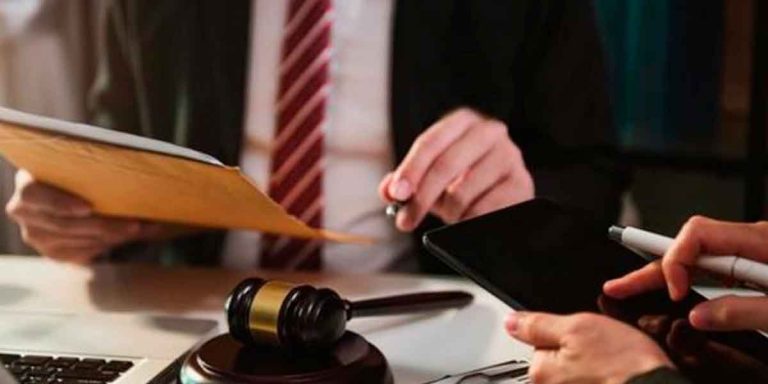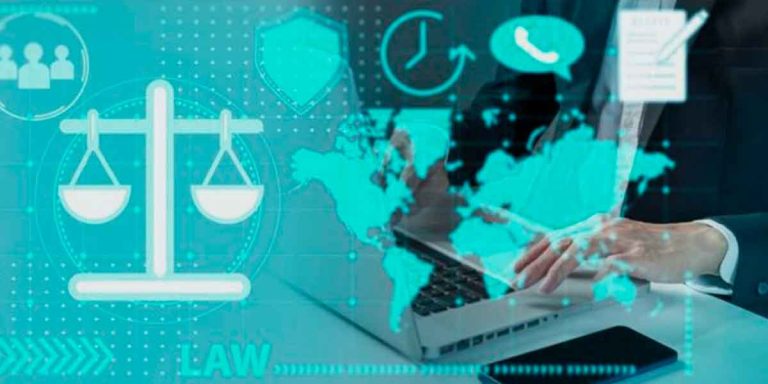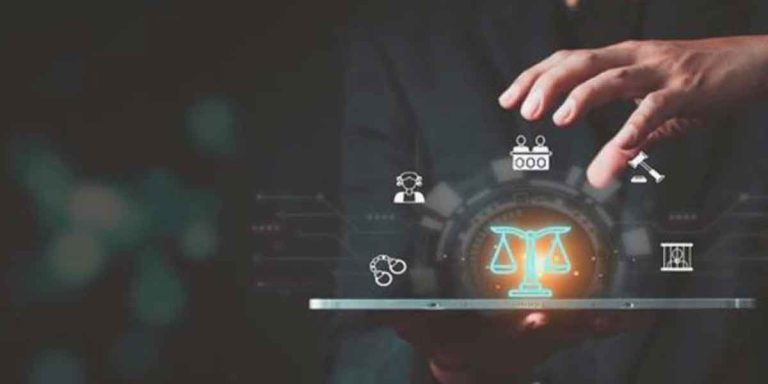In contemporary times, our means of livelihood revolves around technology and digital world. You make reservations online, book tickets online, submit applications online, communicate with friends and loved ones from far and near. The digital world has so advanced that you can own or keep your assets digitally. Many persons have assets worth millions online.
These assets are of course part of your estate and should be planned for along side your physical assets. Digital assets are online assets which are not physical. Examples of digital assets include crypto currencies, stocks, documents, images, media files, accounts details stored online, etc. These could be kept in your brokerage accounts, cloud storage, social media accounts, etc.
At your death these digital assets you own have high probability of been lost for ever due to inability of your heirs to access them. It is even possible your heirs are not aware of these assets in the first place.
One major issues with digital assets is accessibility. After your death, it becomes a burden for your loved ones to access your digital assets because your assets are protected by passwords and user privacy terms of all sort. Even if your heirs happens to know your passwords, service provider’s terms of services and state laws will still prevent them from accessing your digital assets as this will be seen as hacking.
Uniform Fiduciary Access to Digital Assets
In an attempt to proffer solution to the legal rights of digital assets, the Uniform Fiduciary Access to Digital Assets Act (UFADAA) was established. It was established to grant legal rights such as access and control of digital assets to potential fiduciaries who might need those rights to execute their duties. The fiduciaries granted these rights included executors, guardians, trustees, and powers of attorney. In essence, the primary purpose of UFADAA was to ensure that these fiduciaries have same right over their clients digital assets as they have over their physical assets.
But big tech companies like Google, Facebook, etc were not satisfied with the mode of operation of UFADAA. They felt that the access granted to fiduciaries were too much and it was not the best idea. They were concerned about giving access to the wrong person. These concerns summed up and led to the stoppage of UFADAA
The Revised Uniform Fiduciary Access to Digital Assets Act (RUFADAA)
Exactly a year later after the UFADAA was stopped, the Revised Uniform Fiduciary Access to Digital Assets Act (RUFADAA) was enacted. This act made provisions for all the flaws that UFADAA suffered from.
RUFADAA TIER ONE – “ONLINE TOOLS”
RUFADAA TIER ONE online tools allows a user to provide informations how their digital assets will be managed when they die or in the case of incapacitation. The user’s instructions will have priority over any and all other instructions, including Terms of Service (as long as that online tool can still be modified or deleted at any time).
RUFADAA TIER TWO – LEGAL DOCUMENTS
The second tire of the RUFADAA makes provision for a situation where by a user does not provide instructions using the online tool. In this case, RUFADAA will look to the users’ legal documents, such as a will, trust, or power of attorney. Such documents can be used to explicitly grant a fiduciary access to any/all digital access or to restrict such access.
TIER THREE – TERMS-OF-SERVICE AGREEMENTS
This tire of RUFADAA provides that if it happens that the user does not provide online instructions via online tool (RUFADAA TIER ONE) neither did the user give specifications concerning his digital assets in his traditional legal document (RUFADAA TIER TWO – LEGAL DOCUMENTS) then the custodian of the account will determine who will have access to the account and who wouldn’t depending on the custodians terms of service.
With the The Revised Uniform Fiduciary Access to Digital Assets Act (RUFADAA) accessing a loved ones digital estate won’t be something impossible anymore. This is a huge improvement in estate planning in the context of digital assets.
Getting assistances
After all said and done it is necessary for you to seek the advice of a professional attorney who will guard you on every step especially on how to go about your digital assets. Our attorneys are always available round the clock. Reach out to the today.












